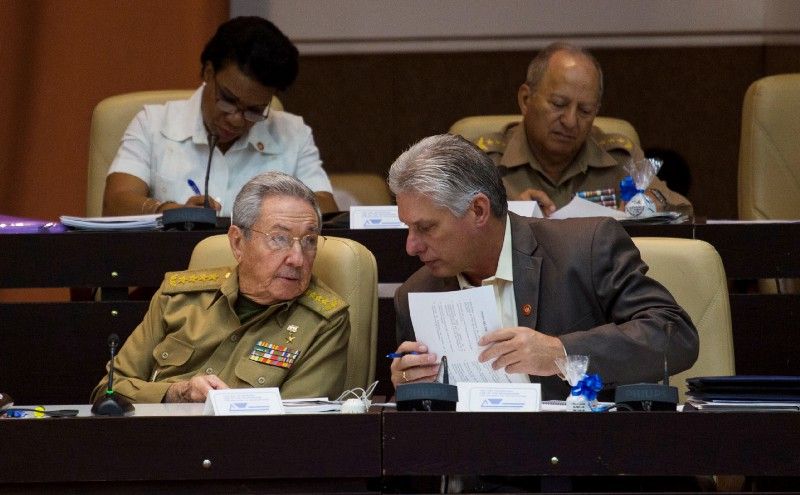Next Thursday, the National Assembly will name a new Cuban president, and the island nation will have a leader who isn’t named Castro for the first time in nearly 60 years. The heroes of the revolution will make way for a new generation led by Miguel Díaz-Canel, who was not yet born when Fidel Castro overthrew Fulgencio Batista in 1959. This could be a landmark moment for Cuba’s relationship with the outside world and a major step toward a more promising future for the Cuban people.
Devil’s advocate. The new guy may lack the Castro charisma, but videotape of a private meeting with Communist Party members, published on YouTube last August by Cuban dissident Antonio Rodiles, suggests his views on Communism, civil rights, and freedom of speech follow in the hardline Castro tradition. In the video, the soon-to-be Cuban leader lambastes independent media, Cuban dissidents, and the staffs of the US, German, British, and Spanish embassies. He vows to shut down websites and civil society organizations he calls agents of counter-revolution.
